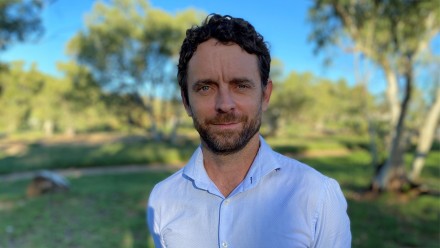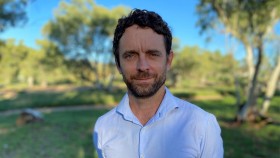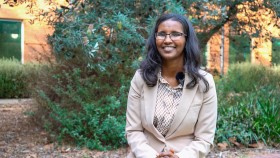September report for Society Culture and Health
Share
New grants/funding
Banwell, C., Batterham, P., Leach, L., LaBond, C., Calear, A., Olsen, A., Philips, C., Doan, T., Walsh, E. Digging Deeper: Exploring the Effects of the Coronavirus (COVID-19) Pandemic on Social Connectedness and Mental Health. Members of NCEPH, CMHR, and ANUMS have received funding to investigate how Australians, including those from vulnerable groups, are experiencing and responding to the economic, social, and health threats posed by COVID-19 and containment measures, with a focus on social connectedness and mental health. Commonwealth Department of Health, $199 000.
Papers accepted/published:
Leach, L.S., Dinh, H., Cooklin, A.R., Nicholson, J., & Strazdins, L. Australian parents’ work-family conflict: Accumulated effects on children’s family environment and mental health. Social Psychiatry and Psychiatric Epidemiology. Accepted 07/08/2020.
Many parents struggle to balance their work and family responsibilities. Yet, little research in the field of social psychiatry has explored the emergence of work-family conflict (WFC) as an important social determinant of mental health, particularly for children. The current study used longitudinal Australian population-based data (5 waves; 1903 mothers & 1584 fathers) to investigate the impact of parents’ accumulated experiences of work-family conflict (AWFC) on children’s mental health. The results showed a significant association between AWFC and children’s mental health at wave 5. Parent psychological distress, marital satisfaction and parenting irritability were all found to significantly explain this association (accounting for 66% of the total effect). Children whose parents have ongoing/accumulated difficulties managing their work and family responsibilities are more likely to have poorer mental health. This has important implications for family-friendly work arrangements and demonstrates the need to further understand the intergenerational impacts of parents’ jobs on their children’s psychological wellbeing.
Anstey, K.J., Butterworth, P., Christensen, H., Easteal, S., Cherbuin, N., Leach, L., Burns, R., Kiely, K., Mortby, M.E., Eramudugolla, R. Gad I. Cohort Profile Update: The PATH Through Life Project. International Journal of Epidemiology. Accepted 10/08/2020.
This paper updates the earlier profile of the PATH Through Life Project (PATH), a cohort study which began in 1999-2001, with new findings from the 12-year follow-up at wave 4. The PATH study was designed to investigate the epidemiology of common mental disorders, including depression, anxiety, substance use, and cognitive decline, with a focus on risk factors, comorbidities, and their life-course trajectories. At baseline, the study included 7485 adults in three narrow age cohorts aged 20-24, 40-44, and 60-64 years. In the original cohort profile we described how the three age cohorts had been interviewed for three waves of data collection every four years, the foci of several sub-studies, and summarised important findings relating to depression, anxiety and suicidality, and cognitive decline and dementia. The new data collection at 12 years of follow-up aimed to address relevant life-course transitions for each cohort (e.g. fertility in the 20s cohort, menopause and workplace bullying in the mid-life cohort, and age expectations and dementia in the 60s cohort). The fourth wave also aimed to continue collecting data on the key domains of the study so that changes in the outcomes and risk and protective factors could be studied over the adult life-course.
Progress on research projects
The interviews for the research project, “The Effects of Smoke, Heat, and Fear of Fire on Social Functioning: a pilot study” have been completed, with data analysis and journal drafts underway.
The interviews for the research project, “A rapid appraisal of healthcare workers’ perceptions of care delivery in the context of the COVID-19 epidemic” are underway, with seven of approximately twenty-five interviews now completed by ANUMS medical students.















